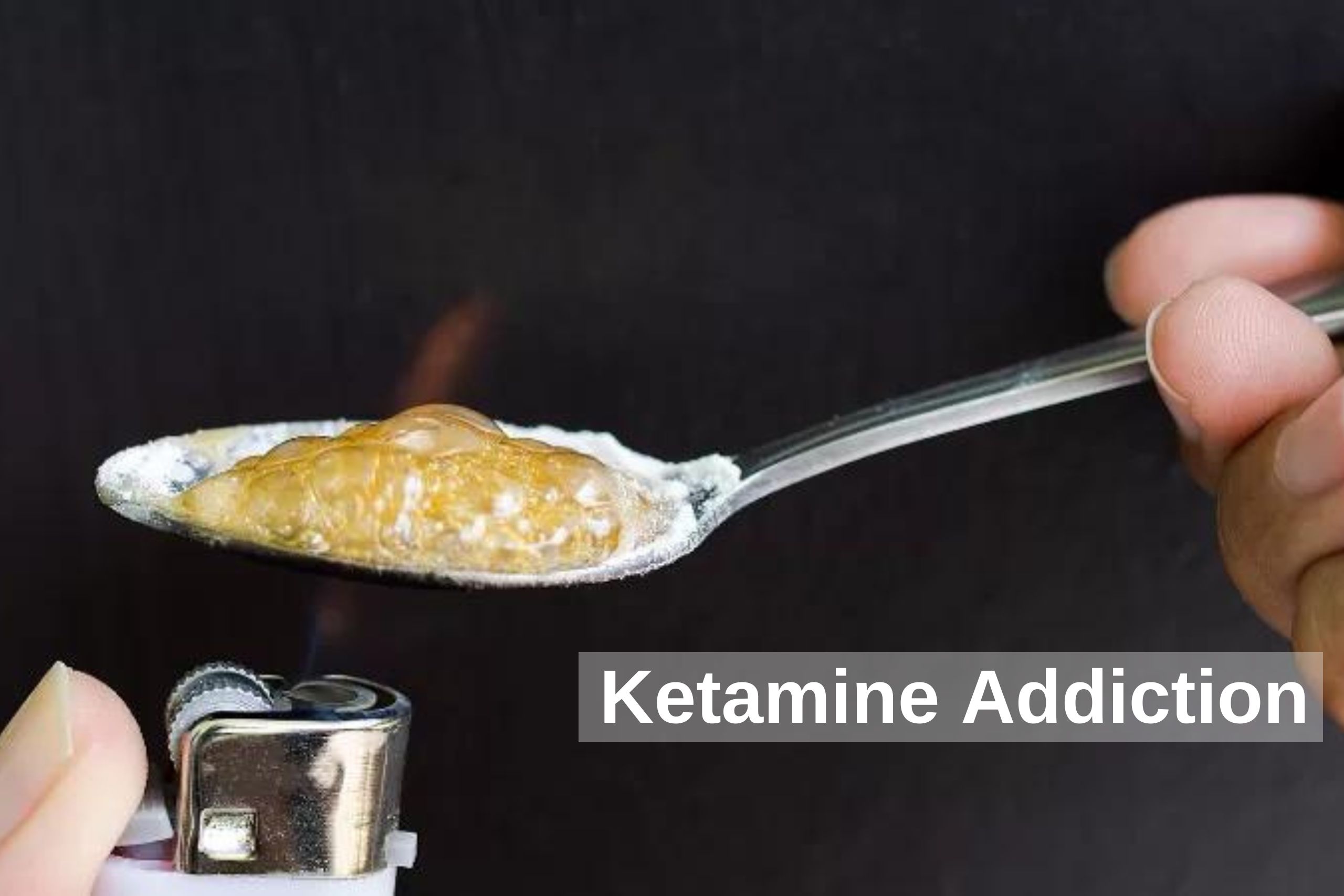Middlesex * West Orange * Freehold
Middlesex * West Orange * Freehold










* If the QualCare logo is on the insurance card
Need support? A recovery guide will respond shortly.